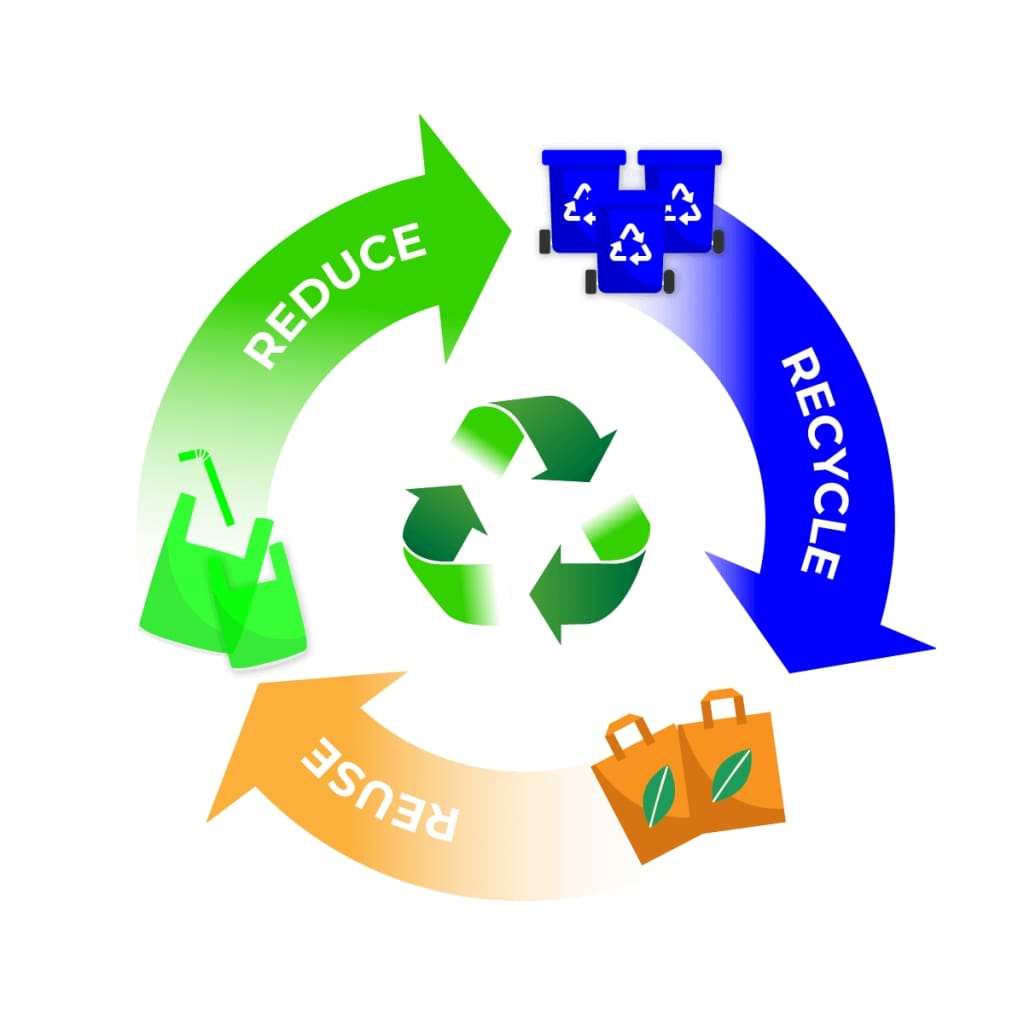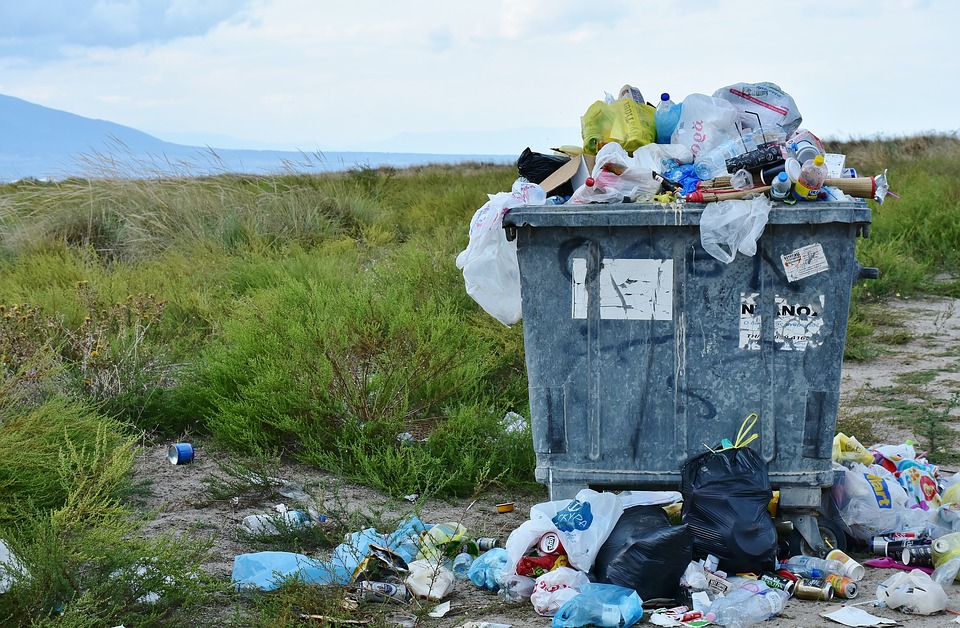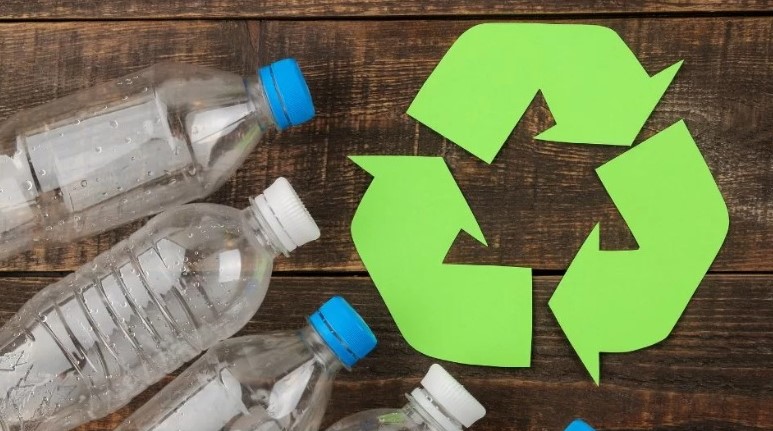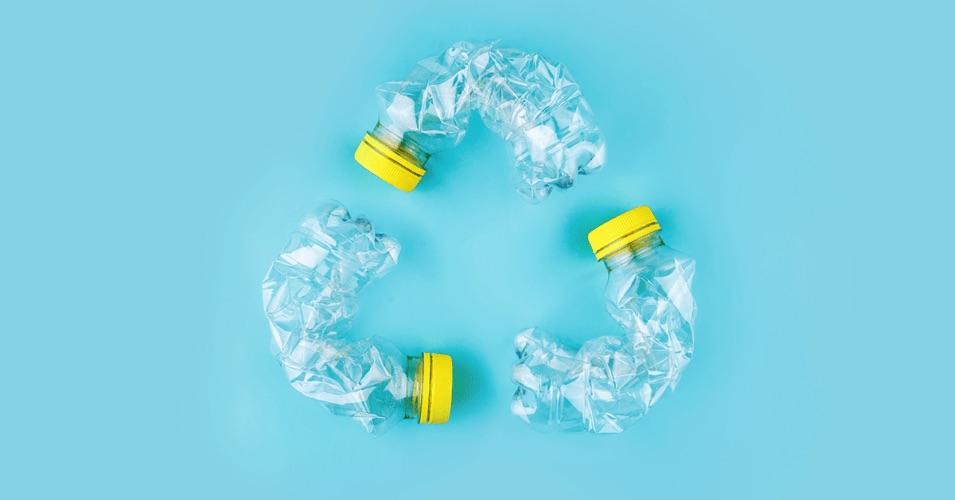Plastic not only pollutes soil and water with harmful substances, but plastic waste is also responsible for the death of many marine animals and those living on land as they mistake it for food and try to consume it. Cases of stray dogs and cats getting their heads stuck in discarded plastic containers on the roads and suffocating to death is not uncommon these days.
There are several ways in which plastic pollution impacts our society and environment. Plastic pollution alters habitats and natural processes that directly affect people’s health & wellbeing, livelihoods and food. Plastic waste, such as roadside litter, sea beaches, river banks and landfill sites can be removed by encouraging individual responsibility, by hosting clean up drives etc, which are also done by several companies and non-profit organisations as part of their CSR.
However, plastic pollution does not only mean the visible plastic waste around us. Abandoned plastic over the time gets fragmented into micro and nanoplastic particles that cannot be easily removed from the environment.
A staggering 220 million tonnes of plastic waste are projected to be generated in 2024, reveals a study released on April 11, 2024, by Swiss non-profit EA Earth Action. India uses around 14 million tonnes of plastic annually and is among 12 nations responsible for 60% of the world’s mismanaged plastic waste.
Plastic recycling reduces the need to create more plastic by extracting raw materials from the earth. This helps in reducing emissions of heat-trapping gases into the atmosphere. At the same time, plastic recycling benefits the landfills as it reduces the amount of plastic waste getting there.
Recycling plastics has the potential to make a significant difference, and it is time we must understand the benefits of recycling on both the environment and our lives. Ahead of World Nature Conservation Day 2024, The CSR Journal takes a look into why plastic recycling is necessary.
Plastic recycling helps reduce pollution
Recycling plastic instead of manufacturing it will help reduce the production of harmful greenhouse gases, which substantially contribute to the increasing pollution levels in our environment. Also, recycling plastic helps to reduces pollution that is caused by burning plastic waste.
By recycling more plastic, we are ensuring a reduced amount of plastic entering the landfills. Which means, we can prevent plastic waste from ending up in landfills through recycling. Lesser amount of plastics in landfills means less emission of common landfill gases, like carbon dioxide and methane, both of which damage the environment.
Plastic recycling helps to conserve natural resources
While manufacturing plastic, natural resources such as water, oil, natural gas, and coal are required as raw materials. By recycling plastic, we can actually save these vital organic resources.
A lot of oil is used in plastic production. Although recycling also uses fossil fuels, it’s substantially less than the amount used to create plastic. Reduced oil consumption also means reduced emissions of CO2 and other greenhouse gases that are produced while manufacturing plastic.
Plastic recycling saves power
Plastic bottle manufacturing plants need a high amount of power consumption while producing multiple bottles. Therefore, recycling plastic bottles, can considerably reduce this energy use, which in turn leads to making the environment greener.
Plastic recycling boosts the economy
Not just environmental benefits, recycling plastic also contributes to boosting the economy. Plastic recycling is a difficult task that requires hard work, skill, time and efforts. In the present day, there are several companies dedicated to recycling plastic waste not just in India but across the world. The plastic waste recycling industry is not only opening up career opportunities but also offers prospects for economic growth.

Plastic recycling promotes a sustainable lifestyle
By recycling plastic and using recycled plastic, you are practicing a sustainable lifestyle and in turn contributing to environmental conservation. It is not only important to practice the same in day to day life but it is equally necessary to teach our children to be sustainable from a very early age, so that we can leave behind a healthier planet for our future generations. It is important to know the impact that our habits can have on the planet so that we can make the right changes in our daily lives.
Sharing is opinion on the above, Mr. Sanjay Prakash, MD & CEO, SBI Foundation, expressed, “On this World Nature Conservation Day, we stand committed to sustainable practices and nature conservation. We are dedicated to helping youth drive positive change at the grassroots level through digital innovations and sustainable practices to preserve biodiversity and combat climate change. By practicing sustainable solutions to recycle and upcycle plastic waste, we can not only protect our natural heritage but can also create a more sustainable and resilient future for all. I encourage local communities and stakeholders to come forward to ensure a harmonious coexistence of mankind and nature.”
Plastic waste mismanagement a global challenge
Sharing his views on the challenges to plastic waste management and the need for recycling across the globe, Mr. K. Ganesh, Director Sustainability & Corporate Affairs, Bisleri International Pvt. Ltd. Shared, “Plastic waste mismanagement is a significant global challenge, with repercussions on environmental health and sustainability. India, as one of the largest producers and consumers of plastic products, faces immense challenges in handling its plastic waste. The country’s growing urbanization and industrialization have led to an increase in plastic consumption, exacerbating the waste management problem. India generates approximately 9.46 million tonnes of plastic waste annually, with a recycling rate of about 60%, significantly higher than the global average of around 20%.
However, the remaining 40% of plastic waste is either landfilled, incinerated, or ends up in water bodies, poses a severe threat to our oceans, wildlife, and even human health. Microplastics, tiny plastic fragments, are now prevalent in our environment, raising concerns about their potential impact on our food chain and overall well-being. A combination of government regulations, industry innovation, public awareness, and infrastructure development is essential to tackle this critical challenge.”





